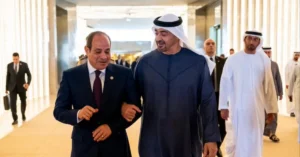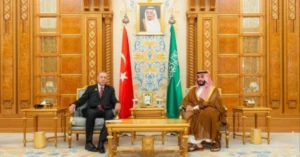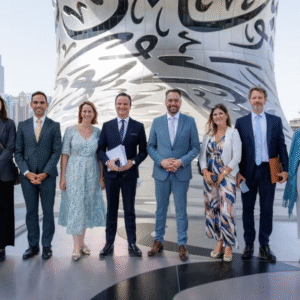The statement “ECB backs digital euro” refers to the European Central Bank’s (ECB) support for the development and potential implementation of a digital currency, specifically the digital euro. The ECB is the central bank for the eurozone, which encompasses 19 of the 27 European Union (EU) countries that use the euro as their official currency.
In recent years, central banks around the world, including the ECB, have been exploring the idea of creating digital versions of their national currencies. A digital euro would be a form of central bank digital currency (CBDC) that represents the euro in a fully digital format. Unlike cryptocurrencies such as Bitcoin or Ethereum, which are decentralized and often volatile, a digital euro would be centrally controlled by the ECB, ensuring stability and adherence to the monetary policies of the eurozone.
The ECB has been studying the digital euro’s potential for several reasons. One key factor is the rapid development of digital payments and cryptocurrencies. Central banks are concerned that private digital currencies, such as stablecoins or privately issued cryptocurrencies, could disrupt the traditional financial system. A digital euro would help ensure that the euro remains a trusted and stable means of exchange in the increasingly digital economy.
Moreover, the digital euro could enhance the efficiency of payments, providing a secure and fast alternative to traditional banking systems, especially for cross-border transactions. It would also offer citizens and businesses an additional option for storing value, complementing physical cash and traditional bank accounts.
The ECB’s decision to explore the digital euro comes amid growing global interest in CBDCs, with several countries, including China, already testing their own digital currencies. By backing the digital euro, the ECB aims to position the eurozone as a leader in the digital currency space, ensuring that the euro remains competitive in the future global financial landscape. However, the project is still in the research and testing phase, and full implementation, if it happens, could take years to complete.









